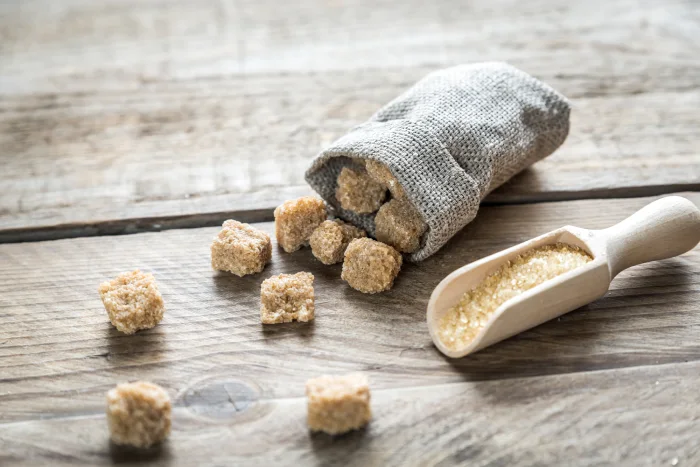Oats, a staple in many diets worldwide, are celebrated for their impressive health benefits, largely attributed to their nutrient density and functional compounds. This humble grain is particularly revered for its beta-glucan content—a type of soluble fiber that supports heart health and metabolic wellness.
Beta-Glucan: The Fiber Hero
Beta-glucan, a hallmark of oats, is recognized for its ability to lower both blood glucose and cholesterol levels, effectively reducing the risk of heart disease and diabetes. This fiber also nurtures gut health by fostering a balanced microbiome, improving overall digestive health.
Weight Management and Sustained Energy
Incorporating oatmeal into your diet can be a boon for weight management. A serving of half a cup of rolled grains cooked in water delivers approximately 165 calories, 4 grams of fiber, and 6 grams of protein. This combination promotes satiety, slows digestion, and tempers blood sugar spikes, making it an ideal choice for sustained energy and appetite control.
Nutrient-Rich Grain
This grain is a rich source of essential vitamins and minerals, including magnesium, copper, thiamine (vitamin B1), and zinc. These nutrients play critical roles in various bodily functions, from energy metabolism to immune defense, further cementing this grain as a nutritional powerhouse.
Exploring Varieties
This grain comes in several forms, each with unique textures, cooking times, and nutritional profiles. Understanding these differences can help consumers choose the best option for their dietary needs and preferences.
Steel-Cut Oats
Known as Irish oatmeal, steel-cut rgains are whole oat kernels sliced into two or three pieces using steel blades. This minimal processing retains the maximum fiber content, making them the most nutrient-dense choice. Their chewy texture and creamy consistency make them a favorite for slow-cooked porridge.
Rolled Oats
Flattened for quicker cooking, rolled grains retain most of their nutrients despite losing some bran during processing. They strike a balance between fiber content and convenience, offering versatility in recipes.
Quick Oats
These are thinner, smaller pieces of rolled ones that cook even faster. While they save time, the additional processing slightly reduces their fiber content compared to steel-cut or rolled grains.
Instant Oats
Found in single-serve packets, instant oats are the most processed variety. While they are highly convenient, they often contain added sugars and flavors, resulting in lower fiber content and potential drawbacks for health-conscious consumers.
Commentary by YourDailyFit Columnist Alice Winters

Oats are undeniably a nutritional gem, but their health potential is heavily influenced by the form in which they are consumed. The beta-glucan in these grains is a standout nutrient, offering tangible benefits for heart health, glucose regulation, and gut health. Yet, consumers should be mindful of the trade-offs between convenience and nutritional value when selecting varieties.
Steel-cut grains are the gold standard for those prioritizing health, offering the most fiber and the least processing. However, their lengthy cooking time may deter the time-pressed. Rolled grains, with their quicker preparation and robust nutrient profile, strike an excellent middle ground, catering to most dietary needs without compromising health benefits.
On the other hand, instant grains, though convenient, often fall short in terms of nutritional integrity. The frequent addition of sugars and flavorings diminishes their value as a health food. Brands should consider offering minimally processed, unsweetened instant ones to better align with consumer health goals.
One area ripe for innovation is enhancing the nutritional value of flavored oats without excessive sugar. Fortification with additional protein, superfoods, or prebiotics could elevate the category and appeal to health-focused consumers.
In sum, oats are a stellar addition to any diet, but their impact depends on mindful selection and preparation. For optimal benefits, opt for less processed varieties and avoid products laden with unnecessary additives. Oats’ versatility and nutritional prowess make them a cornerstone of healthy eating, and with strategic choices, they can seamlessly integrate into diverse dietary routines.



